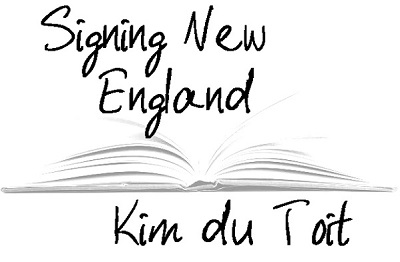Continuing the series on stuff I’d take to a desert island (see here for Guns, and here for Dames), let me remind you first of the island:

And now to the main topic.
Usually, the “Desert Island” series consists of only five items (e.g. 5 songs/discs), but there is no way on Earth that I could survive with only five books. Recently, I have noted that such questions now allow compendia — e.g. the Sharpe’s Rifles series or the Hornblower series, and so on.
So now I’m broadening the scope, so to speak, to allow myself to take the complete works of five fiction authors onto that desert island. They are, in no specific order:
- Ian Fleming
- William Shakespeare
- D.H. Lawrence
- P.G. Wodehouse
- John Sandford*
*unlike the others, Sandford is still alive and writing, so I’d get at least one new novel every year, to keep things fresh.
I have other favorite authors, of course (Hugo, Dumas, Higgins, Follett and Ruark, for example), but unlike those listed, I don’t like everything they’ve written, whereas the above five are consistently good.
As for the five non-fiction authors, that’s a lot easier:
- Paul Johnson
- Victor Davis Hanson
- John Keegan
- Jacques Barzun
- Thomas Sowell
Four historians and an economist.
Your own choices in Comments.


